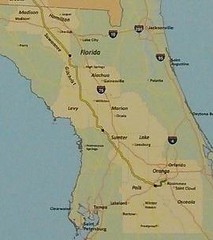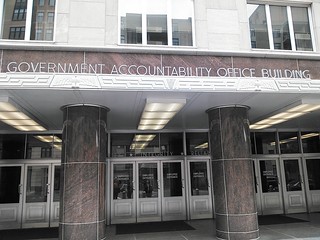 If Europe can do it, the U.S. can do it.
And we know
Georgia can get a third of its power from wind,
and even Spain is north of Mississippi, Alabama, Georgia, and Florida,
which have a lot more sun for solar power than anywhere in Europe.
Solar power
is already winning, even in Georgia.
Let’s help it win even faster, plus wind.
If Europe can do it, the U.S. can do it.
And we know
Georgia can get a third of its power from wind,
and even Spain is north of Mississippi, Alabama, Georgia, and Florida,
which have a lot more sun for solar power than anywhere in Europe.
Solar power
is already winning, even in Georgia.
Let’s help it win even faster, plus wind.
PR from Potsdam Institute for Climate Impact Research (PIK) 16 January 2014, EU could cut emissions by 40 percent at moderate cost,
The costs of achieving a more ambitious EU climate target are estimated to be moderate. Upscaling greenhouse-gas emissions reduction from the current 20 percent by 2020 to 40 percent by 2030 would be likely to cost less than an additional 0.7 percent of economic activity.
And that apparently doesn’t count the additional economic activity that would be produced by all those wind and solar deployments, not to mention related activities like electric cars. This is actually a pessimistic study, because it doesn’t account for such likely positive corollaries.
Many options to choose from—wind power could expand sevenfold
Continue reading











